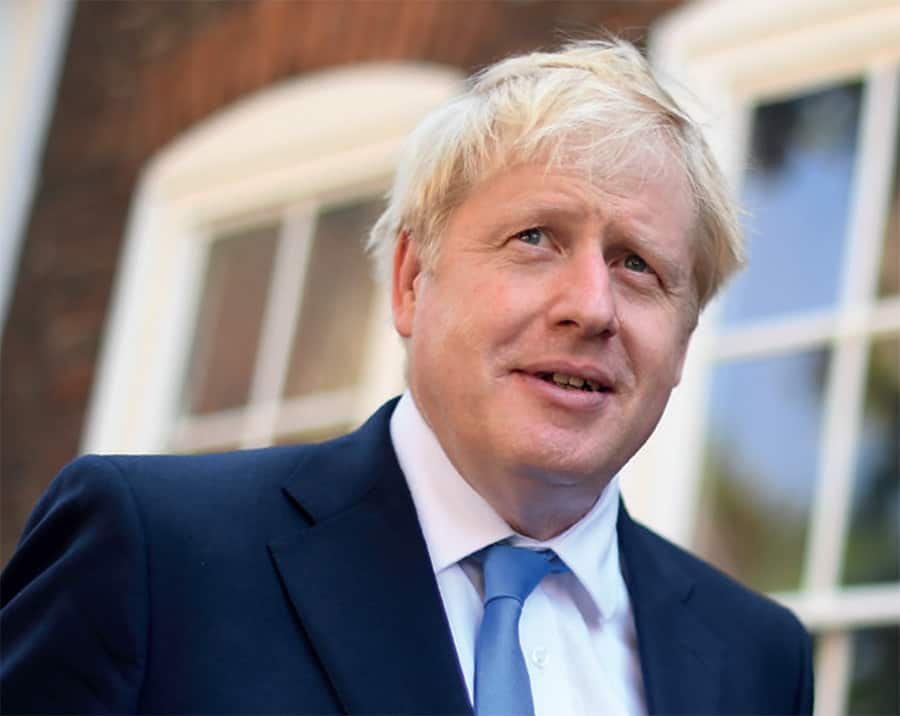PM confirms national lockdown as COVID patients in hospital jumps by over 30% in one week

Boris Johnson has announced a “sadly necessary” national lockdown that comes into effect today (5 January) and instructed people to stay at home to control the virus, protect the NHS and save lives.
In order to protect vulnerable individuals, the government is also advising that people being shielding again.
Expected to last until mid-February, the decision to enforce a nationwide lockdown follows a rapid rise in COVID-19 infections, hospital admissions and case rates across England. The prime minister stresses that hospitals are now under more pressure than they have been at any other point throughout the pandemic.
This “drastic” jump in cases has been attributed to the new variant of COVID-19, which scientists have confirmed is between 50 and 70 per cent more transmissible, the UK Government highlights.
On 4 January, there were 26,626 COVID patients in hospital in England, an increase of over 30 percent in one week, and the April 2020 hospital admissions peak has now been surpassed by 40 percent, government figures show.
The case rate in England up to 29 December was 478.5 per 100k, three times higher than on 1 December when the case rate was 151.3. Furthermore, on 3 Jan, 454 deaths were reported, the government adds, with 4,228 over the last seven days – a 24 percent increase on the previous seven days.
Alongside implementing a national lockdown, the four UK Chief Medical Officers have advised that the COVID threat level should move from level four to level five, indicating that if action is not taken, NHS capacity may be overwhelmed within 21 days.
Under the new lockdown rules, people will only be allowed to leave their home to shop for basic necessities (including for vulnerable people); go to work if home working isn’t viable; exercise with their household (or support bubble) or one other person within their local area; meet their support bubble or childcare bubble where necessary; seek medical assistance or avoid injury, illness or risk of harm; and to attend education or childcare – for those eligible.
All primary schools, secondary schools and colleges will also move to remote learning, except for the children of key workers and vulnerable children.
Furthermore, non-essential businesses will be forced to close including non-essential retail; zoos; indoor sports facilities; dining in restaurants (but takeaways and deliveries will be allowed); and hotels. The full list of businesses that are and aren’t allowed to open during lockdown can be found on the government’s website
With the restrictions expected to last until the middle of February, providing the situation in hospitals improve, the NHS hopes that by this point, everyone in the top four priority groups identified by the JCVI will be vaccinated. This includes all older care home residents and staff, everyone over 70, all frontline NHS and care staff and all those who are clinically extremely vulnerable.
The UK Government also recently confirmed £149 million in funding to roll out rapid twice-weekly care home staff testing in light of the new, highly transmissible strain of COVID-19.

